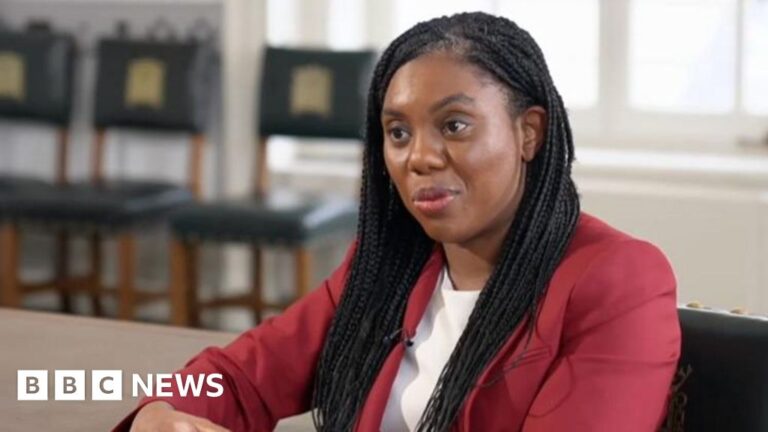Here is the result in plain text:
When you’re chatting to someone on a dating app, at what point do you mention that you’re recently widowed and still grieving the loss of the mother of your three children? This is just one of the many predicaments Geraint John has found himself in since losing his wife Deb to pancreatic cancer two-and-a-half years ago.
Geraint, 43, had not been on a date in 20 years and found the experience of online dating “degrading but funny”. One date threw a drink over him. Others made a sharp exit the moment he mentioned he had been recently widowed. Another began contacting him so relentlessly he said he considered seeking an injunction. “I was like ‘good God, [dating] really has changed’,” he laughed.
Geraint and Deb had met at a gig in 2005, and just three months later she quit her job in Nottingham to move to live with him in Cardiff. They married the following year, moved to London and went on to have three children, now aged 17, 13 and 10. Deb was diagnosed with pancreatic cancer in March 2021 and died in September two years later at the age of 43.
Geraint said there had been a number of grim milestones since then. One of the earliest was returning home and seeing her belongings – coats, shoes, glasses – around the house. Then there was the “really, really difficult day” he vacuum-packed all of her clothes and put them away in the loft. About six months after her death he realised that what had begun as an onslaught of home-made lasagnas from well-wishers had finally petered out. “People just assume you’re OK and then what happens is you’re just sat on the sofa on your own and people don’t come over and it’s quite a dark place to be,” he said.
It was around this time that he began thinking about dating. But how do you navigate a new relationship alongside grieving for your wife? “It’s really, really tough,” he admitted. He said recently on what would have been Deb’s birthday his “head totally went”. “I was a difficult person to be around,” he said. “But I think we’ve got through the difficult bits now.”
Geraint said he had accepted Deb was not coming back and was learning to live with his grief. “But there have been times I’ve called out for her after thinking she was there in the street because [a woman was] wearing the same coat,” he said. He believes his loss has left him an angrier, more anxious if more empathetic version of himself. “There’s all this nonsense that it goes away after two years. I hate it when people say that, in fact, it’s never going to go so don’t listen to that nonsense,” he said.
On Deb’s birthday he and his three children go out for dinner but book a table for five people. “When they say ‘is the fifth person arriving?’ I always say ‘it just looks like she’s running late’,” he said. He said he tried to avoid Mother’s Day but on the anniversary of her death hosts a memorial event each year. Deb’s picture looks back at him from their fridge and around the house and he often spends time sitting on her memorial bench when he wants time to reflect. Social media has been an outlet for his grief and he continues to share his experience in the hope it may help others going through something similar. “When she was dying, I said to her ‘no-one’s ever going to forget you’,” he said. “I’ve kind of made that my mission.”
Geraint’s advice for those facing the death of a partner is to create a guide book to life without them, including practical things like when the bins go out and how to get up the attic. He also advises asking close friends for support during difficult milestones, having a code word with close friends that means you need support quickly, and keep talking about the person you have lost and share your grief with others.
Source link




